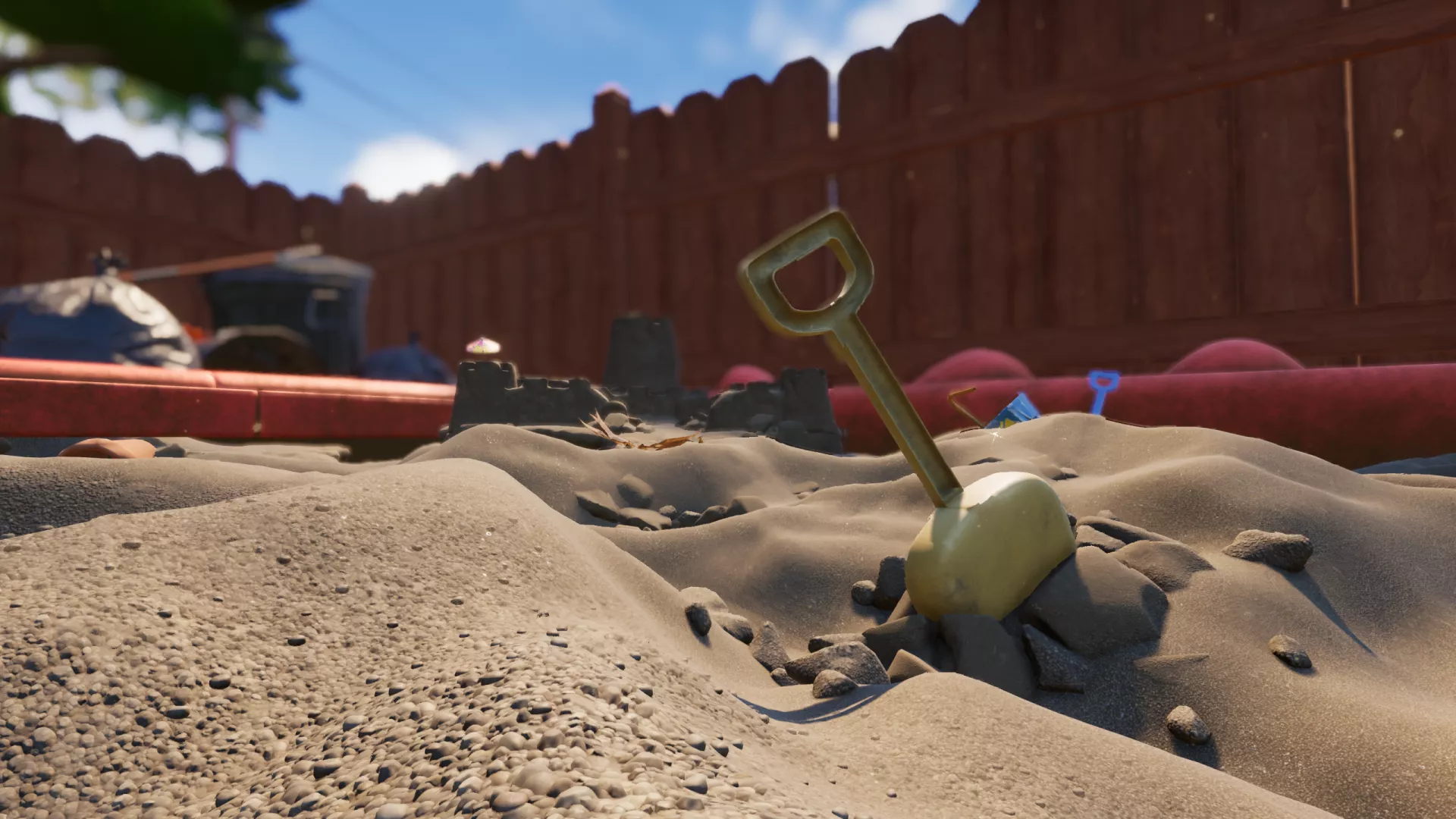
Tabletop role-playing games (RPGs) are a unique and exciting form of gaming that involves players taking on the roles of characters in a collaborative storytelling experience. Unlike video games, tabletop RPGs rely heavily on the creativity and imagination of the players and the game master (GM). As a player, it’s important to respect the adventure written by the GM and contribute positively to the overall experience. In this blog, we’ll explore some tips for being a good player in a tabletop RPG and respecting the adventure created by the GM.
Communication is key in any RPG. Make sure to talk to the GM about your character, your expectations, and any concerns you may have. Discussing your character’s backstory and motivations with the GM can help them tailor the adventure to suit your character’s interests and create a more engaging experience. Additionally, if you encounter any issues or have any feedback, it’s important to communicate with the GM so they can adjust the adventure accordingly.
One of the most important aspects of tabletop RPGs is immersing yourself in the story and staying in character. This means thinking about your character’s personality, backstory, and motivations when making decisions and interacting with NPCs (non-player characters). Avoid breaking character, making jokes that don’t fit with the tone of the game, or making decisions that don’t align with your character’s personality, especially during crucial plot points of the adventure.
It’s OK to be Out Of Character, in between moments, but do so sparingly. This respects the pacing that the GM has set for their game, to ensure everyone can stay in the moment of the story.
The GM spends a lot of time creating a detailed and immersive world for the players to explore. To respect the adventure created by the GM, try not to derail the story by going off on tangents or pursuing irrelevant goals. Instead, stay focused on the main story and work with the GM to achieve the objectives. Additionally, avoid disrupting the game by arguing with the GM, trying to overpower NPCs, or taking control of the story.
Respect that the GM wants their story to unfold, and that it doesn’t involve destroying or killing all of the player’s characters that have become a part of it. They want you to succeed! GMs will work with your character’s actions to overcome terrible events that happen. That’s part of what makes the story interesting. Just let it happen, and trust that the GM will help you through it.
Tabletop RPGs are a collaborative experience, and it’s important to work with other players to create a cohesive and engaging story. Listen to other players, respect their opinions, and collaborate to achieve objectives. Additionally, avoid hogging the spotlight or overshadowing other players by dominating the story.
Ensure that other players at the table are seeing that your having fun. Think of the old saying, “Only boring people, get bored!”. When you’re not actively involved in the moment of the story, don’t be that player that pulls out their mobile, rolls dice unnecessarily or leaves the table to do something more ‘interesting’ until it’s your turn to act. This allows you to fully enjoy the fun, that others are wanting to share as well.
Finally, the most important aspect of any RPG is to have fun. Remember that the game is a collaborative experience, and the goal is to create an enjoyable adventure for everyone involved. Respect the GM’s world, stay in character, communicate with other players, and have fun!
In conclusion, being a good player in a tabletop RPG involves respecting the adventure created by the GM and contributing positively to the overall experience. Communicate with the GM, stay in character, collaborate with other players, and above all, have fun! By following these tips, you can create an engaging and immersive story that everyone will enjoy.